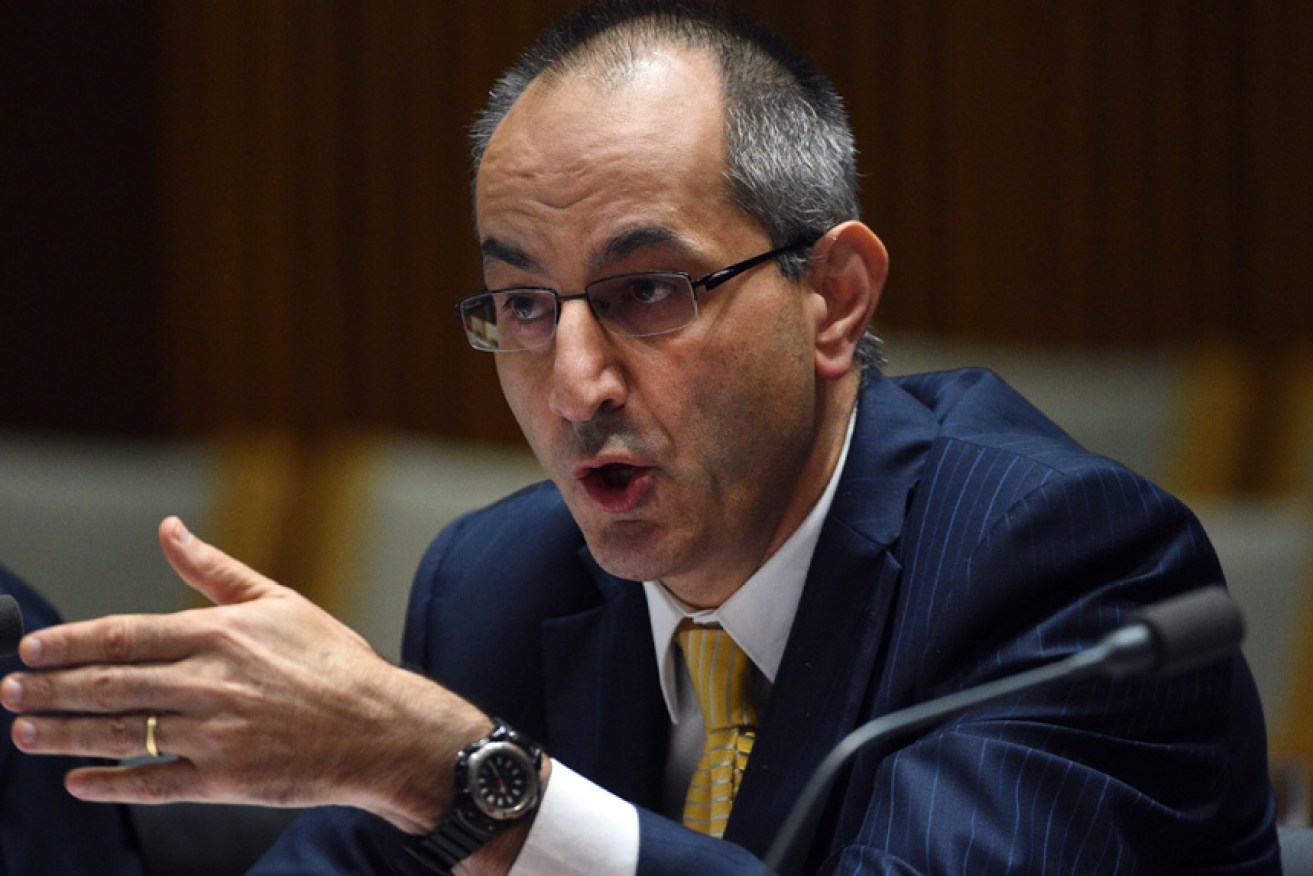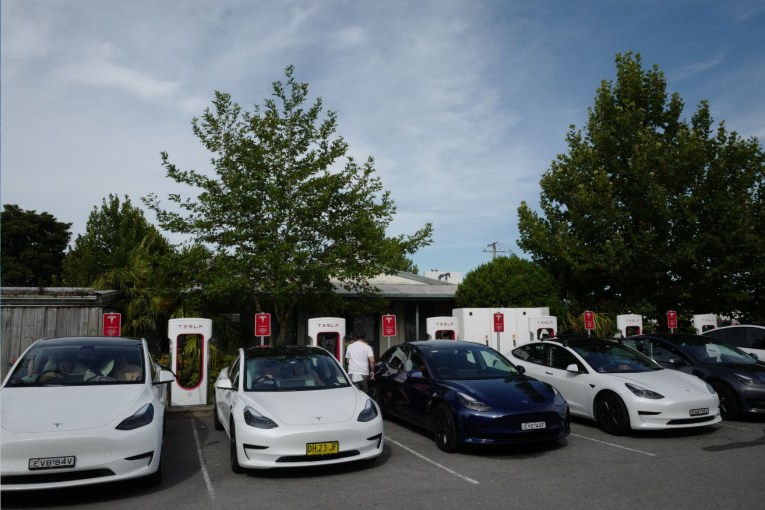Immigration boss launches defence of detention

Home Affairs boss Mike Pezzullo wrote to the Defence secretary in February. Photo: AAP
The head of the Department of Immigration and Border Protection (DIPB) has launched a spirited defence of Australia’s immigration detention centres, publicly disputing claims they are “gulags” and “places of torture”.
DIPB Secretary Michael Pezzullo took the unusual step on Tuesday of going public with his grievances following a recent claim by a prominent psychiatrist that the centres recalled the gulags of Nazi Germany.
Mr Pezzullo wrote that he was “highly offended” by “falsehood, rumour and unfounded speculation” about his staff and the facilities by critics of immigration detention in the public and the media.
• PM’s popularity wanes in poll
• Rumours ‘untrue, unfounded and wrong’: Credlin
• Margie Abbott sidelined by Credlin, author claims
He also claimed the DIPB and its critics shared the same goals – “to have no children at all in immigration detention”.
“Recent comparisons of immigration detention centres to ‘gulags’; suggestions that detention involves a ‘public numbing and indifference’ similar to that allegedly experienced in Nazi Germany; and persistent suggestions that detention facilities are places of ‘torture’ are highly offensive, unwarranted and plainly wrong – and yet they continue to be made in some quarters,” Mr Pezzullo said.
The rare public statement by the head of a government department said the DIPB and its uniformed operational arm, the Australian Border Force, “does not operate beyond the law” and isn’t an “immoral ‘rogue agency'”.
Under the Abbott and Turnbull governments, the DIPB and Border Force have been pilloried by refugee advocates and sections of the press.
Flash points have included allegations of rape from asylum seekers detained on Nauru, a Brisbane hospital’s refusal to hand over a baby to the department out of fear it would be returned to detention and riots at the Manus Island and Nauru detention centres.
These incidents prompted high-profile public protests, and a huge ‘#LetThemStay’ social media campaign.

Minister for Immigration Peter Dutton is often attacked by advocates and the press. Photo: AAP
One of the most inflammatory criticisms of Australia’s detention policy came from a psychiatrist, who wrote in Australasian Psychiatry journal that prolonged detention evoked reminders of Nazi Germany and Soviet Union “gulags”.
Mr Pezzullo rubbished such claims and explained that Australia’s offshore and local detention centres were always “underpinned by the law of the land”.
“Any contention that prolonged immigration detention represents ‘reckless indifference and calculated cruelty’, in order to deter future boat arrivals, do not pass even the most basic fact check,” he said.
“The number of children in detention would not be falling if that were the case.
“The resources devoted to providing medical and support services, and the commitment of doctors, service providers and departmental staff to the welfare of those individuals, undercuts emotive and inflammatory claims to the contrary.”
The DIPB Secretary listed the improvements and commitments made to the medical care given in detention centres.
“The Department provides access to mental health nurses, counsellors, psychologists and psychiatrists to individuals transferred to Australia for medical care,” Mr Pezzullo said.
“The Nauru and Manus Regional Processing Centres both have mental health care staff onsite, including mental health nurses, counsellors, torture and trauma counsellors, psychologists and a psychiatrist. There are also additional mental health care staff based at the Nauru Settlement clinic.”








